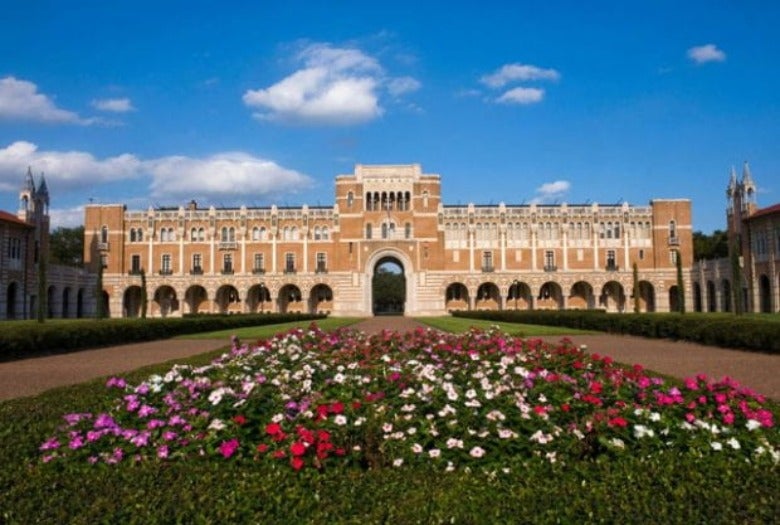Rice U. courses ask the ‘Big Questions’ about death, hate and Disney
New classes contemplate three of the largest forces at play in the modern world
HOUSTON – (Nov. 16, 2020) – There are three things you can’t escape encountering in our world today: death, hate and, yes, The Walt Disney Co. Classes contemplating these forces are featured in the spring 2021 lineup of Big Questions courses from Rice’s School of Humanities.
Rice’s Big Questions courses are designed to cover a broad range of interests and equip students with the critical thinking and analysis tools provided by a humanities education. Courses include readings and written responses alongside creative group projects that combine humanities research with technology.
The Big Questions classes offer “a chance to think about things that are going to be persistent in your life and come to a clearer perspective on them,” said philosophy professor Vida Yao, who will be teaching a course titled What Is the Meaning of Death?
It’s an adaptation of her popular upper-level course Death and Dying, comprised of three units: the first on questions about one’s own death; the second on questions about the death of others; and the third on what Yao calls “deaths of ways of life.”
“It’s less abstract, I think, for a lot of people right now: the idea of a culture, or just the entire human existence, coming to an end,” Yao said.
The course called What Is Hate? will be taught by Luis Duno-Gottberg, professor of modern and classical literatures and cultures. The project component of the course, which Duno-Gottberg said he is “teaching with a sense of urgency,” will see Rice students engaging with local organizations currently fighting against hate groups.
“Our contemporary world is experiencing an exacerbation of political, social and cultural antagonisms,” Duno-Gottberg said. “In the face of these tensions and polarization, I thought, ‘This is ought to be more than a class, this has to be an intervention. This class invites us to reflect collectively about something that is incredibly pressing and dangerous.”
Another course called Who, What, Why Is Disney? will be taught by Charles Dove, professor in the practice of film. It will cover the massive global influence of Walt Disney, from his first cartoons to the media empire that today owns assets from ABC to ESPN.
Dove will be teaching the course in the Rice Cinema, making it the final class in the historic theater before the structure is demolished in anticipation of the new Visual and Dramatic Arts building, and using its silver screen to show Disney classics.
The course will cover Disney and his life, including discussions of how many Disney fairy-tale films adapted existing folk culture. The class will also examine the extraordinary impact Disney had on modern culture, from painters Andy Warhol and Roy Lichtenstein to musicians Miles Davis and Dave Brubeck.
As part of the project component, Dove will ask students to incorporate their favorite Disney pieces into their own work, whether it’s a story or a short film.
“I want them to take something they love and use it positively,” he said. “And I think the idea of talking about things that they love will be productive.”
For more on Rice’s Big Questions courses, visit humanities.rice.edu/big-questions.
-30-
This news release can be found online at news.rice.edu.
Follow Rice News and Media Relations on Twitter @RiceUNews.
Located on a 300-acre forested campus in Houston, Rice University is consistently ranked among the nation’s top 20 universities by U.S. News & World Report. Rice has highly respected schools of Architecture, Business, Continuing Studies, Engineering, Humanities, Music, Natural Sciences and Social Sciences and is home to the Baker Institute for Public Policy. With 3,978 undergraduates and 3,192 graduate students, Rice’s undergraduate student-to-faculty ratio is just under 6-to-1. Its residential college system builds close-knit communities and lifelong friendships, just one reason why Rice is ranked No. 1 for lots of race/class interaction and No. 1 for quality of life by the Princeton Review. Rice is also rated as a best value among private universities by Kiplinger’s Personal Finance.

